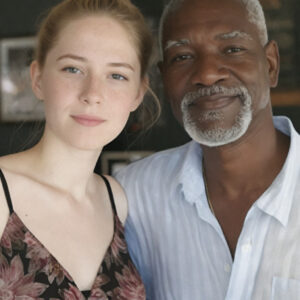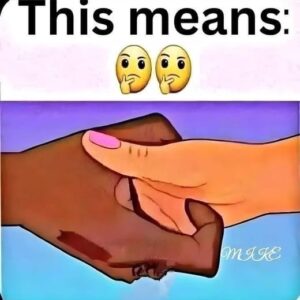On Saturday, in Chicago’s Brighton Park area near 39th Place and South Kedzie Avenue, U.S. Border Patrol agents came under attack while on patrol. According to the Department of Homeland Security (DHS), roughly ten vehicles boxed in and rammed the agents’ vehicle. The situation escalated when a woman—allegedly armed with a semi-automatic weapon—tried to drive toward the agents, prompting them to fire what DHS calls “defensive shots.” She later drove herself to a hospital for treatment.
Amid the violence, radio dispatch recordings and internal memos reportedly reveal a startling directive from Chicago Police leadership: “No units will respond.” One dispatcher is heard telling patrol units to “clear out from there” and not to intervene in the incident.Meanwhile, the Chicago Police Department later issued a statement asserting that officers did respond to the scene to manage traffic and maintain public safety.
The divergence in accounts has sparked sharp criticism. The Fraternal Order of Police (FOP) — both national and Illinois state branches — condemned the alleged stand-down order, emphasizing that officers have a duty to respond when a fellow law enforcement agent requests help. Legal analysts also have cautioned that refusing to render aid—especially when an officer is endangered—can violate Illinois statutes and potentially federal civil rights laws.
BRINGING RECEIPTS: Chicago police sources are calling out the department after CPD claimed "officers did in fact respond" to calls for help from ICE agents who were rammed and surrounded by protesters on Saturday — but internal dispatch records tell a different story. pic.twitter.com/TW8wvE0Pn4
— Fox News (@FoxNews) October 6, 2025
Adding to the tensions, DHS Assistant Secretary Tricia McLaughlin publicly criticized the Chicago Police Department, accusing it of abandoning the scene and refusing to assist federal agents amid a growing crowd. City officials have remained largely silent on how the decision was reached, and internal communications or legal inquiries may be forthcoming.
As of now, key facts remain in dispute: how much CPD intervened (if at all), who authorized the stand-down, whether any law was broken, and how this will affect relations between local and federal law enforcement in Chicago.




